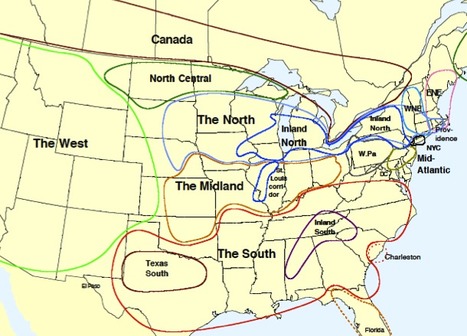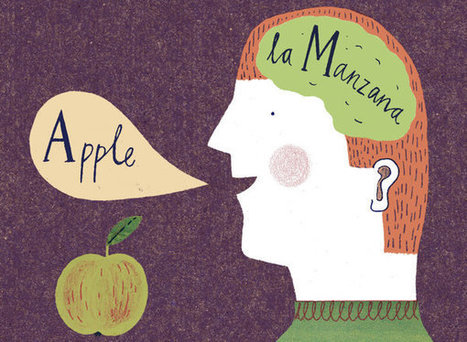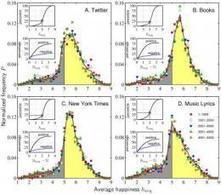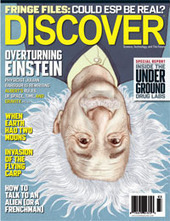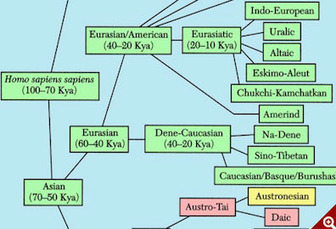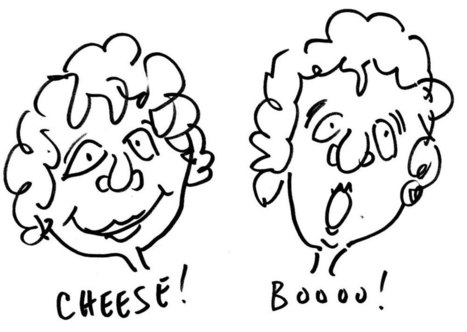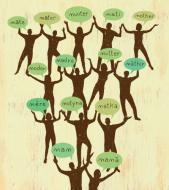It may seem surprising, but in this age where geographic mobility and instant communication have increased our exposure to people outside of our neighborhoods or towns, American regional dialects are pulling further apart from each other, rather than moving closer together. And renowned linguist William Labov thinks there’s a connection between political and linguistic segregation.
Research and publish the best content.
Get Started for FREE
Sign up with Facebook Sign up with X
I don't have a Facebook or a X account
Already have an account: Login

 Your new post is loading... Your new post is loading...
 Your new post is loading... Your new post is loading...

Bilingüebabies's curator insight,
April 16, 2013 2:41 AM
I hope my children thank me, I wish my great grandparents knew this! 
Franchie Cappellini's comment,
January 24, 2014 6:14 AM
I had no idea the lasting effects of bilingualism! I also think its so interesting how the view of bilinguals has changed over the years. From this article I can clearly see the benefits of raising your kid bilingually—they are more adept and aware of their environment.

Blake Turnbull's curator insight,
April 8, 2013 9:57 PM
An interesting look at technology factors on language change including text-talk in the digital age and young people's technology driven language use. |
|



